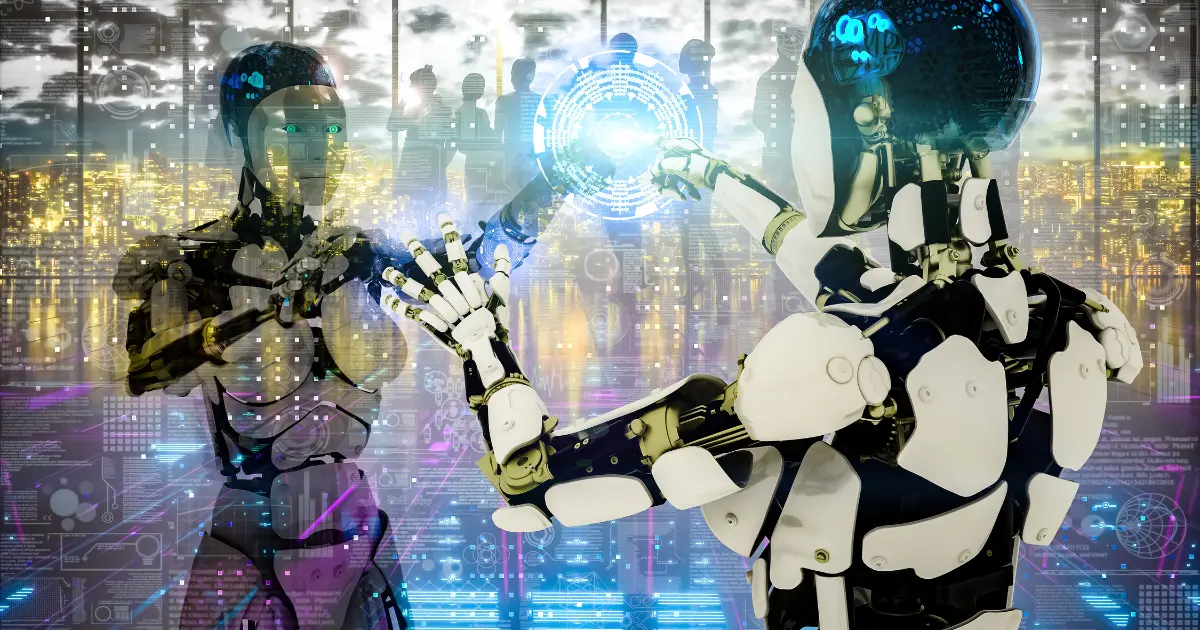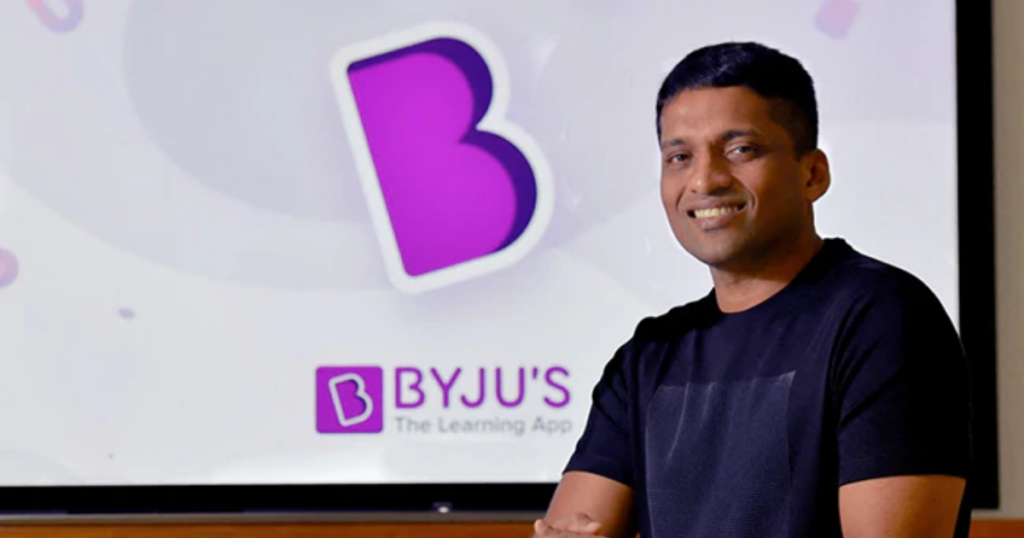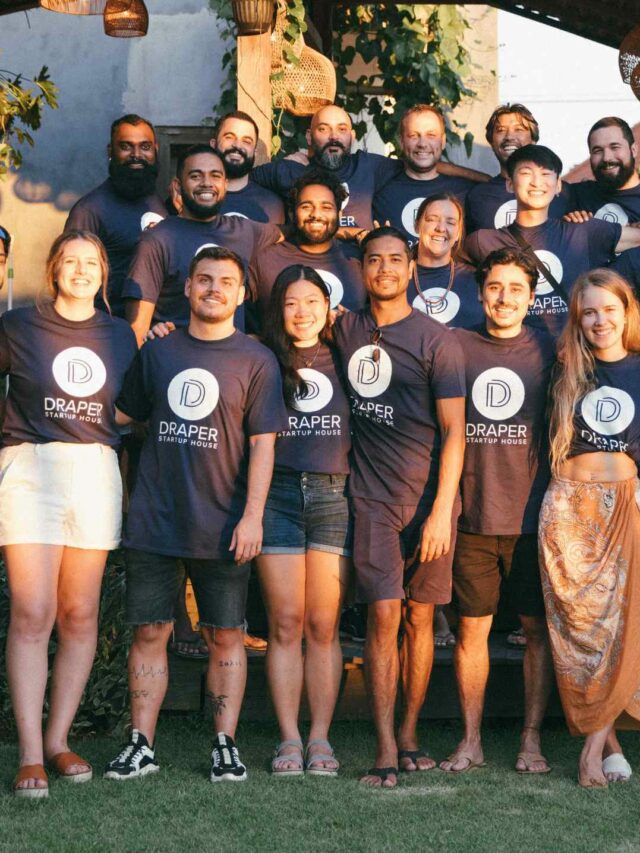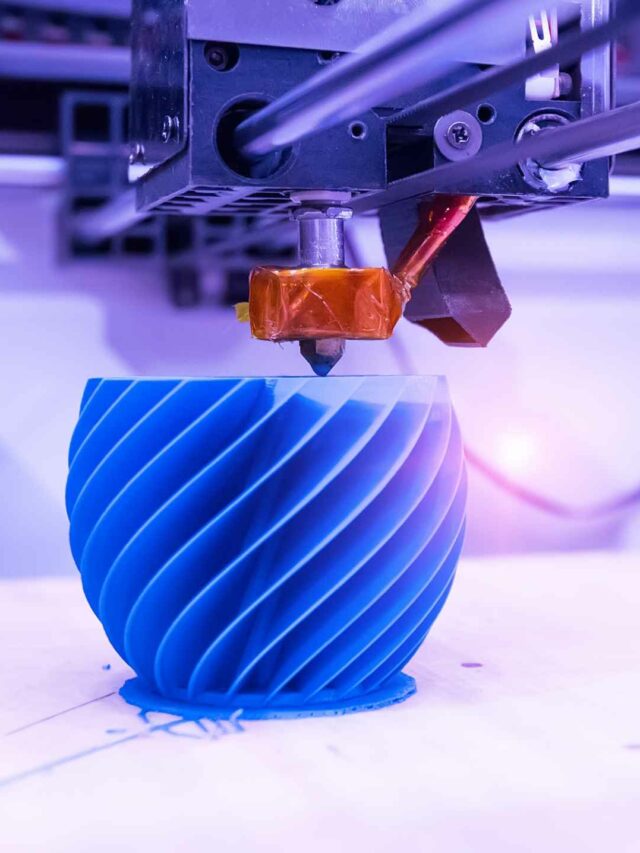Artificial intelligence (AI) is changing the way we work, communicate, and collaborate. AI can help us automate tasks, optimize processes, and enhance experiences. In this article, we will explore how AI will transform meetings and events in the near future.
1. AI will make meetings more productive and efficient
One of the biggest challenges of meetings is to keep them focused, relevant, and engaging. AI can help us achieve this by providing smart tools and features, such as:
- AI-powered scheduling: AI can help us find the best time, date, and location for a meeting, based on the availability, preferences, and needs of the participants. AI can also send reminders, updates, and follow-ups to ensure everyone is on the same page.
- AI-powered transcription: AI can help us record and transcribe the meeting in real-time, with high accuracy and quality. AI can also highlight the key points, action items, and decisions made during the meeting, and generate a summary and a report for easy reference and sharing.
- AI-powered facilitation: AI can help us moderate and facilitate the meeting, by keeping track of the agenda, the time, and the speakers. AI can also provide feedback, suggestions, and insights to improve the meeting outcomes and satisfaction.
Latest News: How AI will impact 40% of jobs globally, says IMF chief
2. AI will make events more personalized and interactive
One of the biggest opportunities of events is to create memorable and meaningful experiences for the attendees. AI can help us achieve this by providing smart tools and features, such as:
- AI-powered recommendation: AI can help us tailor the event content, activities, and networking opportunities to the interests, goals, and preferences of each attendee. AI can also provide personalized suggestions and tips to enhance the event experience and engagement.
- AI-powered interaction: AI can help us create more interactive and immersive experiences for the attendees, by using natural language processing, computer vision, and augmented reality. AI can also enable more seamless and intuitive communication and collaboration among the attendees, speakers, and organizers.
- AI-powered analytics: AI can help us measure and analyze the event performance, feedback, and impact, by using data mining, machine learning, and sentiment analysis. AI can also provide actionable insights and recommendations to improve the event strategy and outcomes.
3. AI will make meetings and events more accessible and inclusive
One of the biggest benefits of AI is that it can help us overcome the barriers and limitations of time, space, and language. AI can help us make meetings and events more accessible and inclusive, by providing smart tools and features, such as:
- AI-powered translation: AI can help us break the language barrier, by providing real-time and accurate translation of speech and text, in multiple languages and dialects. AI can also provide subtitles, captions, and transcripts for better comprehension and accessibility.
- AI-powered transcription: AI can help us bridge the gap between the physical and the digital, by providing real-time and high-quality transcription of audio and video, in various formats and platforms. AI can also provide annotations, illustrations, and summaries for better visualization and understanding.
- AI-powered adaptation: AI can help us adapt to the diverse and changing needs and expectations of the participants, by providing adaptive and responsive tools and features, such as adaptive learning, adaptive content, and adaptive interface.
Latest News: Meet Gemini, Google’s Powerful AI model
4. AI will make meetings and events more creative and innovative
One of the biggest potentials of AI is that it can help us unleash our creativity and innovation. AI can help us make meetings and events more creative and innovative, by providing smart tools and features, such as:
- AI-powered ideation: AI can help us generate and explore new and novel ideas, by using generative models, evolutionary algorithms, and reinforcement learning. AI can also provide inspiration, guidance, and feedback to enhance the ideation process and outcomes.
- AI-powered design: AI can help us design and create more appealing and effective presentations, visuals, and materials, by using generative adversarial networks, style transfer, and content-aware fill. AI can also provide optimization, evaluation, and improvement to enhance the design quality and impact.
- AI-powered experimentation: AI can help us test and validate our ideas and designs, by using simulation, optimization, and experimentation. AI can also provide analysis, comparison, and explanation to enhance the experimentation results and learning.
5. AI will make meetings and events more ethical and responsible
One of the biggest responsibilities of AI is to ensure that it is used in an ethical and responsible manner. AI can help us make meetings and events more ethical and responsible, by providing smart tools and features, such as:
- AI-powered verification: AI can help us verify and validate the authenticity, accuracy, and quality of the information, data, and sources, by using digital signatures, blockchain, and fact-checking. AI can also provide transparency, accountability, and traceability to enhance the verification process and outcomes.
- AI-powered moderation: AI can help us moderate and regulate the behavior, content, and interactions, by using natural language understanding, sentiment analysis, and content moderation. AI can also provide rules, guidelines, and feedback to enhance the moderation process and outcomes.
- AI-powered ethics: AI can help us ensure that the AI tools and features are aligned with the ethical principles, values, and standards, by using ethical frameworks, ethical design, and ethical evaluation. AI can also provide awareness, education, and dialogue to enhance the ethics process and outcomes.
Last Updated on 9 months












